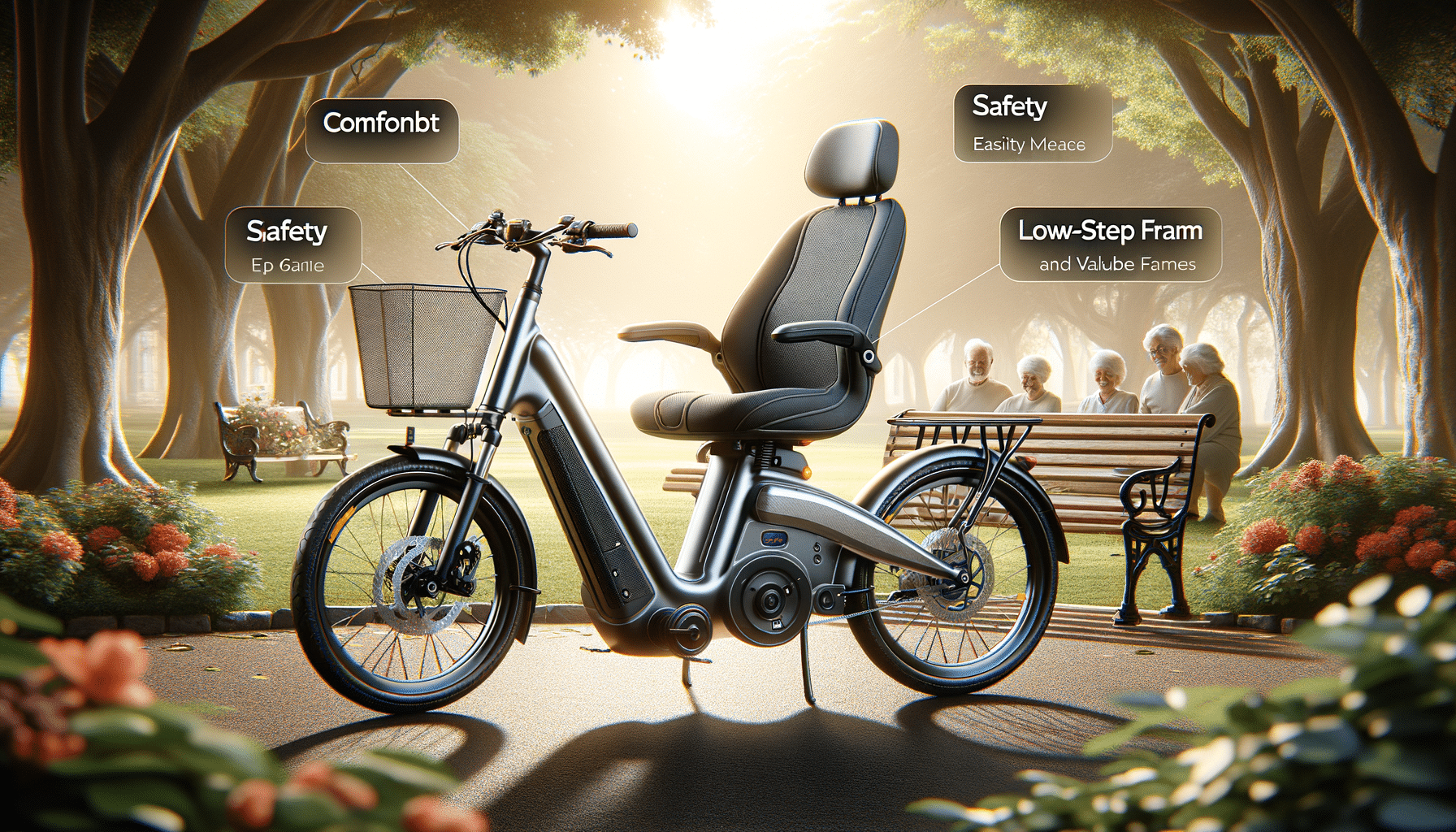
Understanding Seized Cars on Finance: Costs, Auctions, and Buyer Tips
Introduction to Seized Cars on Finance
Seized cars on finance represent a unique segment of the automotive market, often overlooked by many potential buyers. These vehicles are typically repossessed by financial institutions when the original owner defaults on their loan payments. As a result, they are often available at a reduced price, making them an attractive option for budget-conscious buyers. Understanding the intricacies of purchasing a seized car can help you make informed decisions and potentially save a significant amount of money.
In this article, we will delve into the world of seized cars on finance, exploring their cost advantages, the auction process, and essential tips for buyers. Whether you’re a first-time buyer or an experienced car enthusiast, understanding the dynamics of this market can offer valuable insights and opportunities.
Why Seized Cars Are Often Priced Lower
Seized cars are typically priced lower than their market value due to several factors. Firstly, financial institutions are not in the business of selling cars; they aim to recover the outstanding loan amount as quickly as possible. This urgency often leads to competitive pricing.
Additionally, seized cars may have been sitting idle for some time, leading to depreciation. Buyers should be aware that these vehicles might require some maintenance or repairs, which is another reason for the lower price point. However, the potential savings can outweigh these costs, especially if you are prepared to invest a bit of time and effort into restoring the vehicle.
It’s important to conduct thorough research and inspections to ensure that you’re getting good value for your money. Checking the vehicle’s history, condition, and market value can help you make a well-informed purchase decision.
- Quick sale by financial institutions
- Potential maintenance needs
- Depreciation due to idle time
How Government Auctions Work
Government auctions are a common platform for selling seized cars. These auctions are typically open to the public and provide an opportunity to purchase vehicles at competitive prices. The process is straightforward but requires some preparation to navigate effectively.
Before attending an auction, it’s advisable to research the types of vehicles available and set a budget. Many auctions provide a catalog or list of vehicles, including details such as make, model, and condition. This information can help you identify potential options and prioritize your choices.
During the auction, bidding can be competitive, so it’s crucial to stay within your budget and avoid getting carried away. Remember that auctioned vehicles are sold “as-is,” meaning there are no warranties or guarantees. Therefore, it’s essential to inspect the vehicles beforehand or bring along a knowledgeable friend or mechanic to assist with the evaluation.
- Open to the public
- Competitive bidding process
- Vehicles sold “as-is”
What to Watch Out For When Buying a Seized Car
While the prospect of purchasing a seized car at a reduced price is enticing, there are several factors to watch out for. First and foremost, it’s important to verify the vehicle’s history. Checking for any outstanding liens or legal issues can prevent future complications.
Additionally, a thorough inspection is crucial to assess the vehicle’s condition. Look for signs of wear and tear, and don’t hesitate to ask questions about the car’s maintenance history. If possible, take the car for a test drive to evaluate its performance and handling.
Lastly, be aware of any hidden costs that may arise, such as auction fees, taxes, and registration expenses. Factoring these into your budget will provide a more accurate picture of the total cost of ownership.
- Verify vehicle history
- Conduct a thorough inspection
- Consider hidden costs
Tips for Getting Good Value When Buying a Seized Car
To maximize the value of your purchase, consider the following tips. Start by doing your homework on the specific make and model you’re interested in. Understanding the market value and common issues associated with the vehicle can guide your bidding strategy.
Networking with other auction attendees can also provide valuable insights and tips. Experienced buyers often have strategies for identifying good deals and avoiding common pitfalls.
Finally, be patient and persistent. The right opportunity may not come along immediately, but staying informed and attending multiple auctions can increase your chances of finding a great deal on a seized car.
- Research market value
- Network with experienced buyers
- Be patient and persistent
Conclusion: Navigating the World of Seized Cars
Seized cars on finance offer an intriguing opportunity for those willing to navigate the complexities of auctions and vehicle assessments. By understanding why these cars are priced lower, how auctions work, and what to watch out for, buyers can make informed decisions and potentially secure a great deal.
Remember to approach the process with a clear budget, conduct thorough research, and remain patient. With the right preparation, purchasing a seized car can be a rewarding experience that provides exceptional value for your investment.


